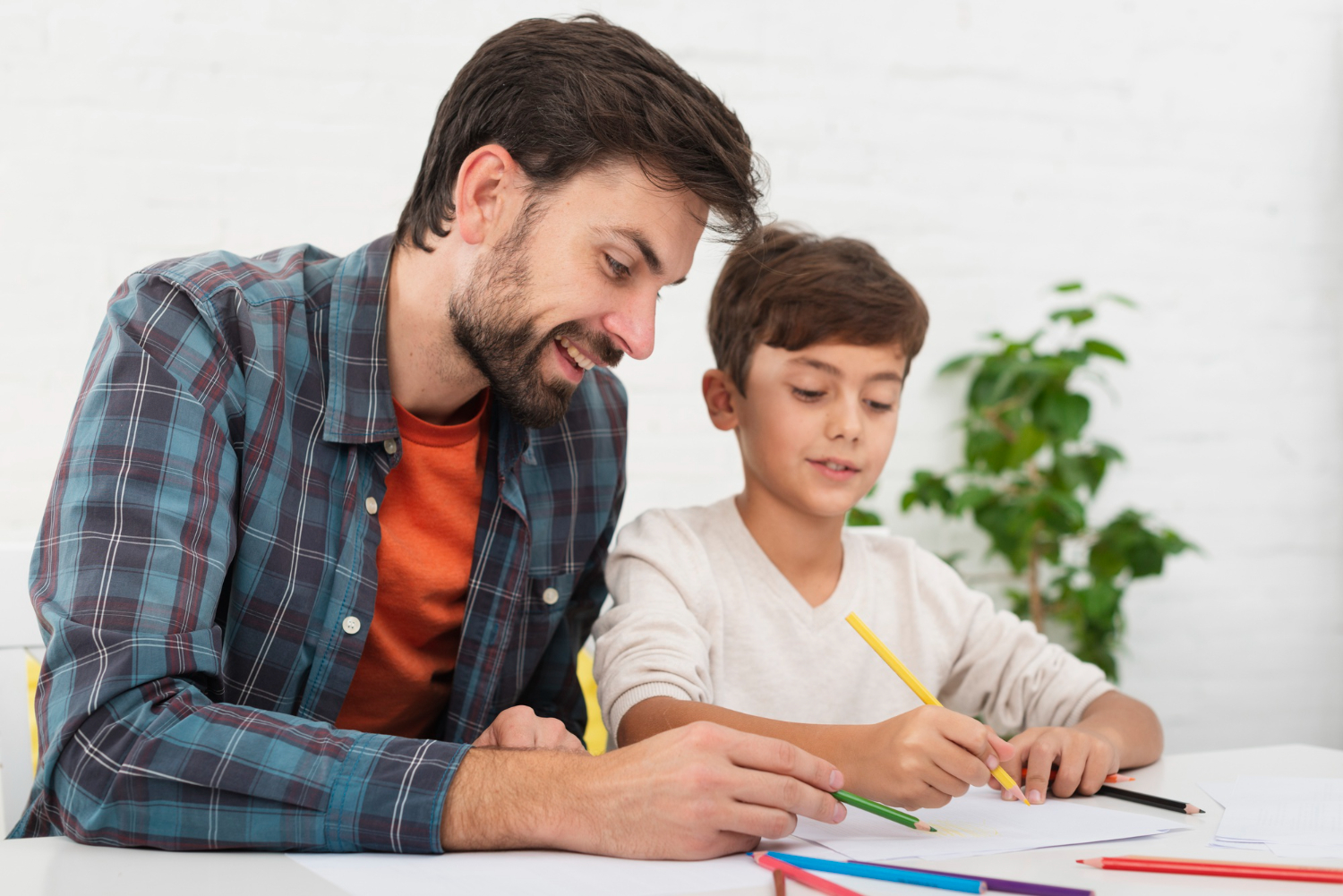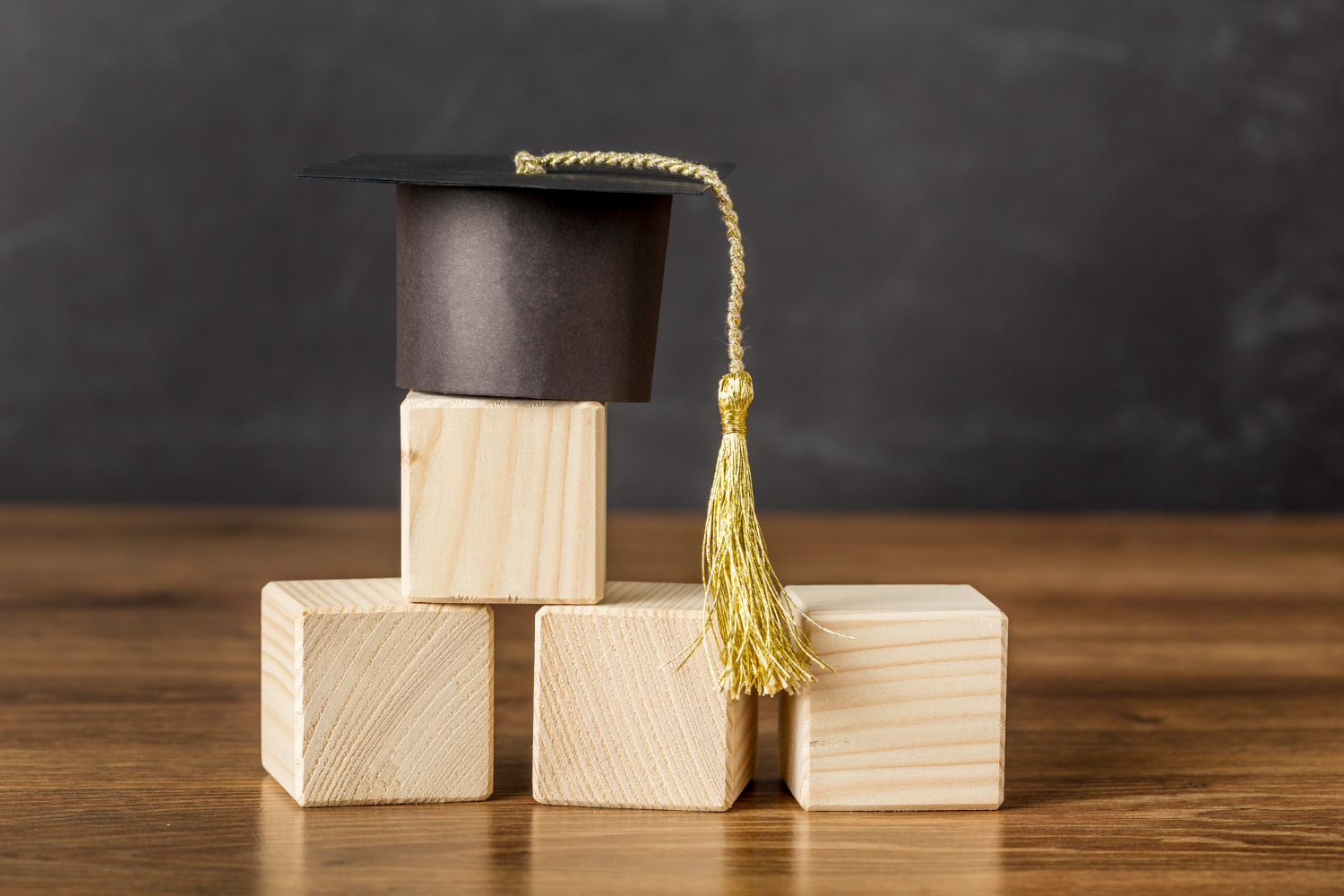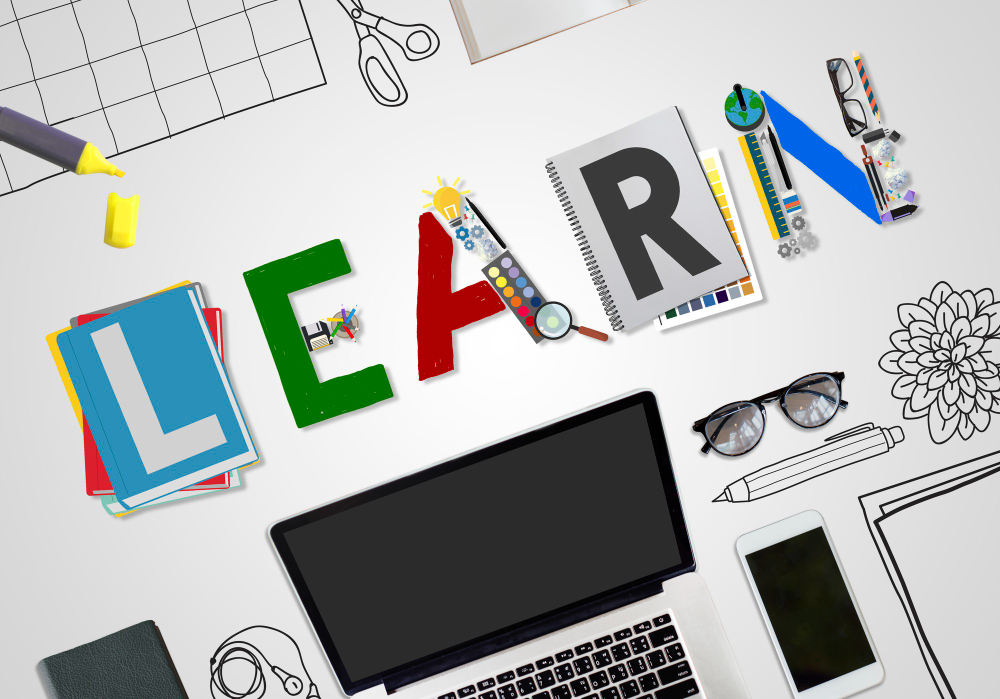Helping your teen prepare for college is a big step. It’s important to not overprotect them; this is a time when they need to branch out on their own and learn independence. Start by letting them know the importance of balancing school and extra curricular activities. Many colleges will consider well-rounded
Supporting Your Child’s Special Education Needs
Children with special needs have wondrous gifts. But, to thrive in school, they need a customized schedule that supports their goals and helps them overcome challenges. Start by asking your child’s teacher for an evaluation of his or her learning abilities. The Individuals with Disabilities Education Act requires schools to provide
Promoting STEM Education at Home
Encourage your children to develop a love for STEM. Open-ended questions around science and technology, coding activities and reading about some of the greatest inventions will help incite their keenness for these subjects. Also, make sure that maths and science learning is integrated into their projects and relates to real-life scenarios.
Balancing Extracurricular Activities and Academic Success
Although extracurricular activities play an important role in shaping a student’s perspective and personality, academics are paramount. Students should not join every club and organization available on campus, and only participate in the ones that interest them. Maintaining a balance between studying, grades, and extracurricular activities is essential for college admissions.
Building Effective Study Habits – Strategies for Parents to Teach and Reinforce
Students of all ages can build strong study habits that will improve their productivity, academic performance and grades. These strategies take time to establish, but will pay off in the long run. Distractions like noisy siblings, TV and mobile devices can be a major challenge when studying. Encourage your child to
Understanding Different Learning Styles – How to Tailor Your Support As a Parent
Whether or not you believe in learning styles, most people will agree that everyone has different ways of taking in information. If you have ever encountered a student who appears to stare off into space when you ask questions, this is often because they are an auditory learner. Students with this
Creating a Positive Learning Environment at Home
Creating a positive learning environment is vital for students to reach their academic potential. This includes providing a comfortable space for studying, along with access to necessary tools and materials. It can also help to provide support and encouragement for students who are experiencing academic challenges. This can be as simple
The Power of Reading – How Parents Can Foster a Love for Books and Learning
Reading is a powerful and fulfilling activity. It gives kids a sense of accomplishment and self-confidence that can lead to lifelong learning. Let your students know you read and enjoy books yourself. Talk to them about your favourite book or a quote from one of their favourite books. Make time to
Encouraging a Growth Mindset in Your Child – A Key to Academic Success
Encouraging a Growth Mindset in Your Child – A Key to Academic Success Kids who believe that intelligence can be developed are more likely to take risks and challenge themselves. They will also enjoy the process of learning and won’t mind making mistakes. To encourage a growth mindset, parents can try
Navigating Online Learning: Tips for Parents to Support Education at Home
Navigating Online Learning: Tips for Parents to Support Education at Home Navigating online learning can be a challenge for students used to the structured classroom environment. This resource includes tips and activities for parents to support their children’s learning at home during the COVID-19 pandemic. Encourage your child to stay engaged
Affective Strategies for Supporting Your Child’s Education at Home
Fostering responsibility, independence and a love of learning is key to school success. Learn how to support your kids’ education at home by encouraging them to take initiative, removing distractions and monitoring their homework and study habits. Teachers use a variety of teaching strategies to help students learn. Some of these







